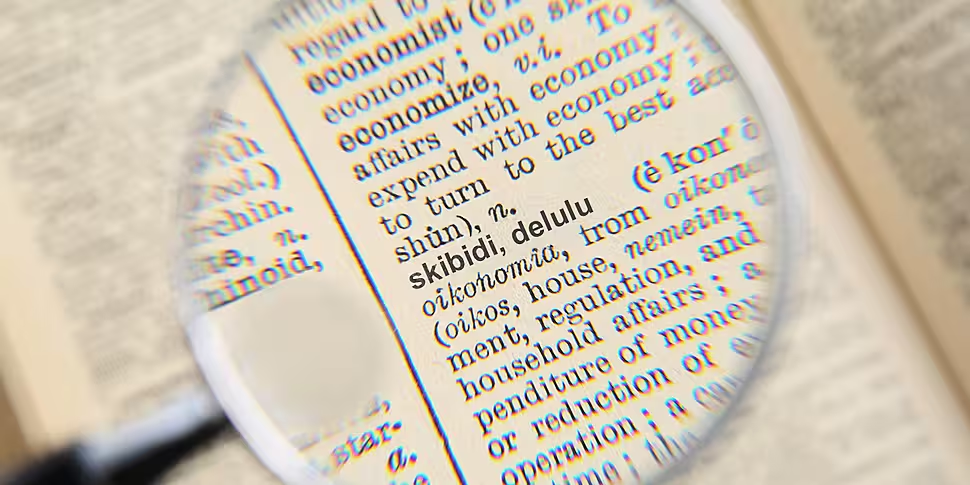The Cambridge Dictionary has officially incorporated several modern slang terms derived from TikTok, Gen Z, and Gen Alpha culture, highlighting the shape-shifting influence of internet language.
Notable entries include “skibidi”, a quirky term with no fixed meaning that is often used for emphasis or humour, and “delulu”, a playful shortening of “delusional” commonly used to describe fantasising or wishful thinking—especially popular in K-pop fandoms. Another addition, “tradwife”, refers to socially conservative women who embrace and share traditional domestic roles on social media.
These new words reflect language that’s generated and spread online—so it’s no surprise they’ve landed in the dictionary. Colin McIntosh, the dictionary’s lexical programme manager, stresses that such terms are only added when editors believe they demonstrate staying power.
Other interesting inclusions announced in this update extend beyond youth slang. “Broligarchy” fuses “bro” and “oligarchy” to describe powerful groups—particularly men in tech—who wield influence and wealth. “Mouse jiggler”refers to a gadget or software that simulates computer activity—a nod to remote-working quirks. Lastly, “work spouse”captures the strong, supportive bonds formed between coworkers, akin to a platonic partnership. These entries further illustrate how evolving work cultures and social trends are captured in modern language.
Tune in to World Wide Reb, weekday mornings at 8.45am on 98FM's Big Breakfast for all the latest entertainment news.












